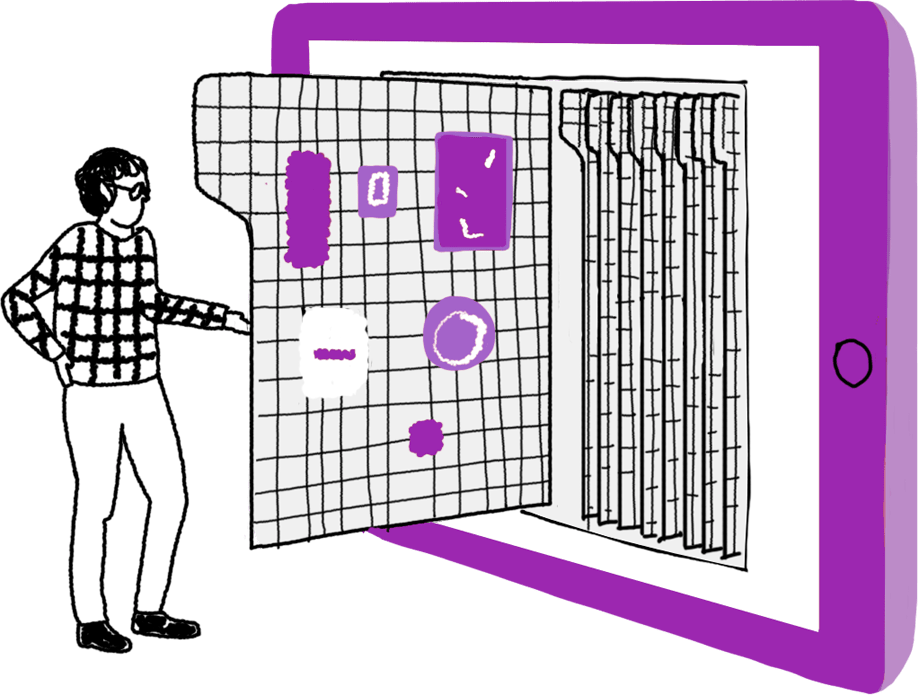When I opened the Co–Star app this summer, I was told „Read Marx.“ The app, that provides users, especially millennials, with a hyper personalized horoscope and other features, generates a catch phrase on a daily basis.
Surveillance Capitalism: Predictions, recommendations and self-optimization

The human interest in predicting the future and getting useful advice is probably as old as mankind itself. From turtle shells as oracles, to ancient oracle sites or astrology, the desire to make predictions, to know the future and be well advised, is a cultural component of the human condition. And predictions and their agency in particular are an essential part of today’s digital society and its technology. Besides political systems in which predictions about individuals are of interest, it is first and foremost the big tech companies that want and are able to generate reliable statements about their users to gain profit. The possibility of being able to predict the commercial success of recommendations and therefore to pre-select recommendations, provides an economic advantage.
Thus, trying to predict the future or having a concrete influence on decisions and behavior have become an essential part of digital capitalism. With its primary goal to obtain as much information as possible about users and to transfer this information to coherent user profiles, the capitalist surveillance apparatus targets users through various surveillance methods.
In light of this, the recommendation to read Marx once in a while appears to be a not-so-subtle cue, if one thinks of the inequality, alienation and exploitation that Marx criticized in capitalism.

In this lecture, I will use the concept of surveillance capitalism coined by Shoshana Zuboff to talk about the aspects of prediction and recommendation and their effects on society. Both the novel mechanisms of surveillance in the digital age as well as the economic intentionality behind will be outlined. How will the life of the individual change in a world in which the decision making process might be pre-selected?

Charlotte Reuß, MA
recently completed her master’s degree in art history at the University of Vienna with a thesis on CGI installations by Ed Atkins. Currently, she is part of the research project Image+ and responsible for copyright and image rights policy. In addition to the aforementioned, her research interests include digital cultures, digitalization, media art since 1960 and sepulchral culture. more
- Peter Weibel Research Institute for Digital Culture – Lecture #5
WID – Peter Weibel Research Institute for Digital Culture
